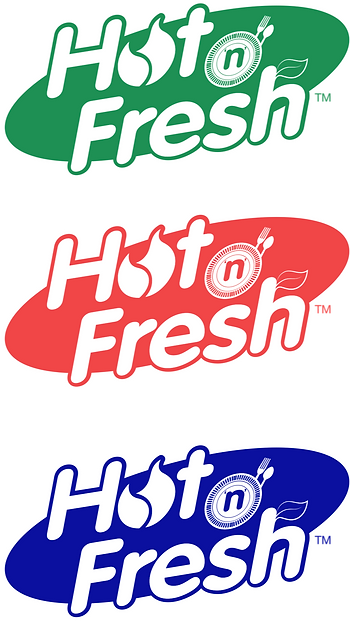DataLase helps increase supply chain efficiencies
- David.PackagingSolutions
- Jul 11, 2020
- 2 min read
With the unprecedented growth in food retail and e-commerce, fast tracked by Covid-19, the need to develop safer workplaces by reducing interactions among workers, together with the increased demands on the supply chain, has seen companies rely more heavily on automated technology that can assist with the real time visibility of goods, employees and assets.
In helping brands, manufacturers and logistics businesses keep pace with this uplift in intensity, global coding and marking specialists, DataLase has responded to the situation with its case coding solution.

Enabling hard pressed supply chains to be responsive and flexible to consumer demand, the solution uses laser to provide a fast and highly efficient method of applying variable information, such as barcodes, date and lot codes, QR codes, graphics and sequential batch numbers onto corrugated boxes and shelf ready packaging. Delivering high contrast, high quality, durable codes that do not smudge or rub off, laser technology means less product recall and rework required when delivered to the retail store and consistent product and packaging traceability in transit, a prerequisite in the current environment.
The technology can be applied at the latest stage in the product supply chain, enabling the supply chain to be responsive and flexible to consumer demand without the additional waste and excessive SKUs this often brings. Each individual box can be printed according to language, regulatory, nutritional, brand or geographical needs, minimising packaging production, shipment and storage, therefore lowering the associated carbon footprint. SKU rationalisation brings multiple operational and environmental benefits to a supply chain in its own right including, improved manufacturing efficiency thanks to reduced changeovers; reduced costs through better inventory management; reduced warehousing and logistics requirements due to more accurate planning and forecasting; ultimately, an improved bottom line due to a reduction in operational costs.

‘The use of laser rather than ink ensures speed, consistency and reliability, maximises production line uptime and reduces potential pinch points,’ said DataLase’s Paul Dustain. ‘Plus production capabilities are also boosted as the technology has been specially designed to minimise maintenance and servicing, thereby allowing goods to be delivered in the right quantities, to the right places and at the right time.’
The use of laser technology also has a positive impact on sustainability. By being a viable alternative to print and apply labels, high resolution inkjet and waxjet solutions, use of the technology eliminates unnecessary waste and single use plastics from the supply chain.
#FoodRetail #Ecommerce #SafeWorkplaces #Automation #Datalase #CaseCoding #Print #VariableInformation #Packaging #SKUs #Laser #Label #PackagingSolutions
Datalase - https://www.datalase.com
Case Coding - https://www.datalase.com/case-coding/









Comments